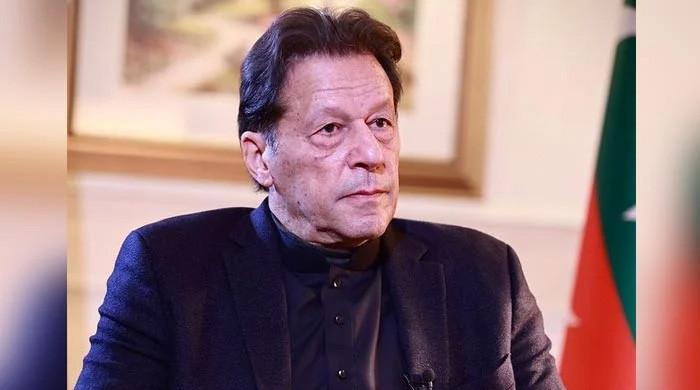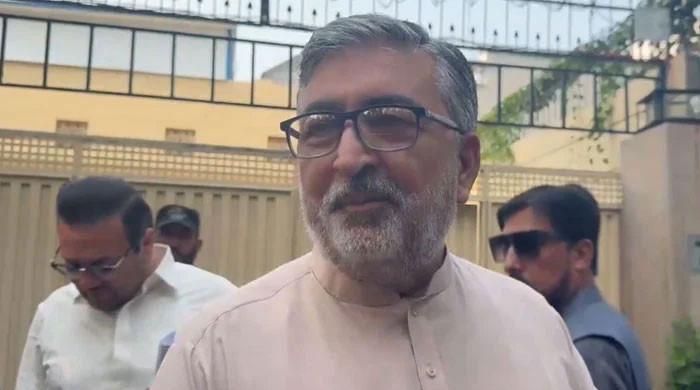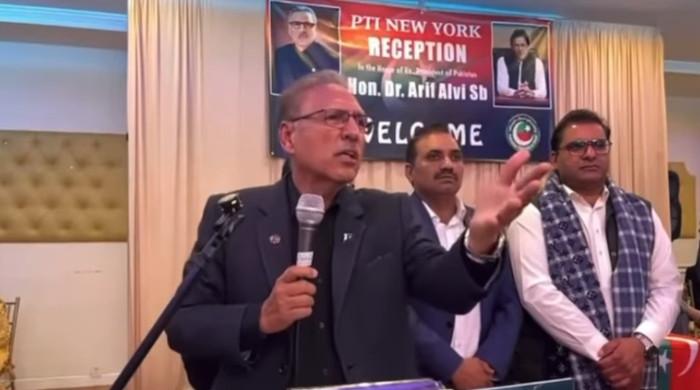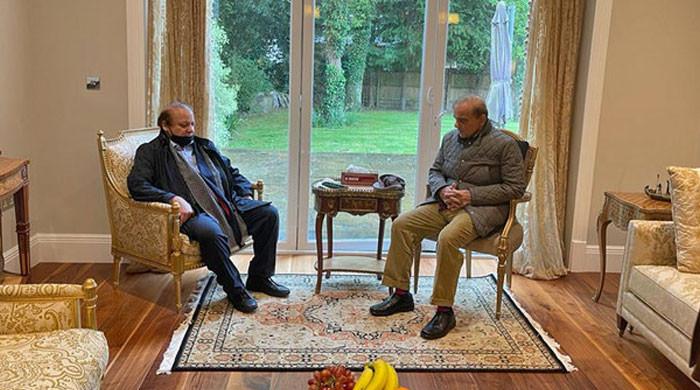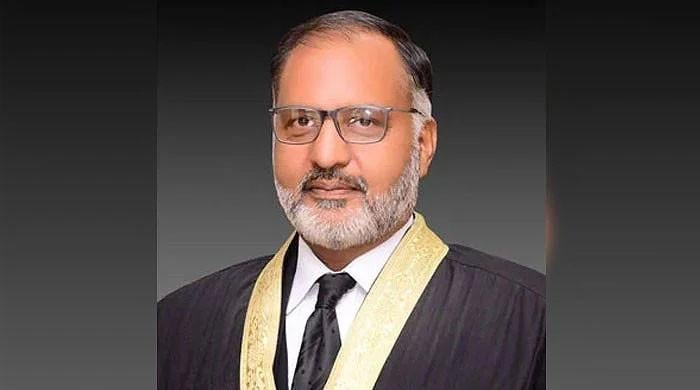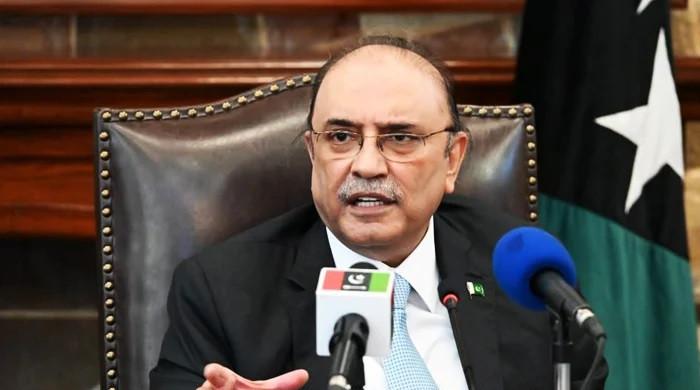In response to SC, KP, Punjab back Centre's call to hold open ballot Senate elections
Transparent elections are the basis of democracy while voting against one's party is dishonesty, says KP govt
January 09, 2021
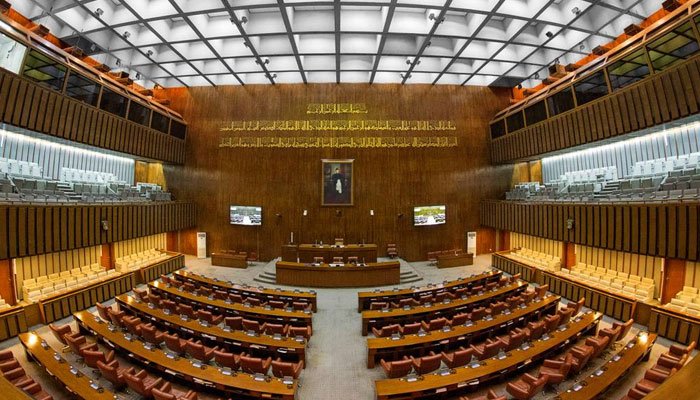
- Transparent elections are basis of democracy, says KP govt
- Lawmakers move against party policy for their personal benefits, says Punjab
- Centre has sought SC's opinion on holding Senate elections through open balloting
The Punjab and Khyber Pakhtunkhwa governments have supported the Centre's call to hold the Senate elections through the open ballot, it emerged on Saturday.
The provincial governments have submitted their response to the Supreme Court in the presidential reference case.
The presidential reference was submitted by the Attorney General of Pakistan Khalid Javed Khan after obtaining President Dr Arif Alvi's approval under Article 186 of the Constitution last week.
The KP government, in its response to the apex court, said that in the past, the secret balloting method had been used against the spirit of elections.
Read more: PTI cannot save govt through early Senate elections: Maryam Nawaz
KP demanded that the court allow the Parliament and the government to amend the Election Act 2017 — the law that must be amended to hold Senate elections by open ballot.
Transparent elections are the basis of democracy while voting against one's party is dishonesty.
In the past, allegations of corruption have been leveled against the Senate elections, KP maintained.
Meanwhile, Punjab said that lawmakers move against the party policy for their personal benefits.
Read more: ECP breaks silence over Senate elections controversy
Punjab said that the members who oppose the party policy can resign and that it was better to resign than selling their votes.
The presidential reference
On January 4, the apex court issued notices to the federal and provincial advocate generals, the NA speaker and speakers of the provincial assemblies and the Election Commission of Pakistan in a hearing on the presidential reference for holding the Senate elections by open ballot.
A five-member larger bench headed by Chief Justice of Pakistan Gulzar Ahmed and comprising Justice Mushir Alam, Justice Umar Ata Bandial, Justice Yahyah Afridi and Justice Ijazul Ahsan heard the reference.
Read more: PTI govt files reference in Supreme Court seeking opinion on open ballot for Senate polls
The reference read that the president has sought the apex court's opinion on whether the condition of holding a secret ballot referred to in Article 226 of the Constitution is applicable only for the elections held under the Constitution such as the election to the office of president, speakers and deputy speakers of the Parliament and provincial assemblies and "not to other elections such as the election for the members of Senate" held under the Elections Act 2017 enacted to pursuant to Article 222 read with Entry 41 (1) of the Fourth Schedule to the Constitution "which may be held by way of secret or open ballot" as provided for in the Act.
According to the government, the nature of the elections and the way it is conducted has not been clearly mentioned in the Constitution.
The government said election for the Senate is conducted in accordance with the Election Act of 2017 and asked if it is possible to introduce the idea of open-balloting in the upper house of the Parliament.




